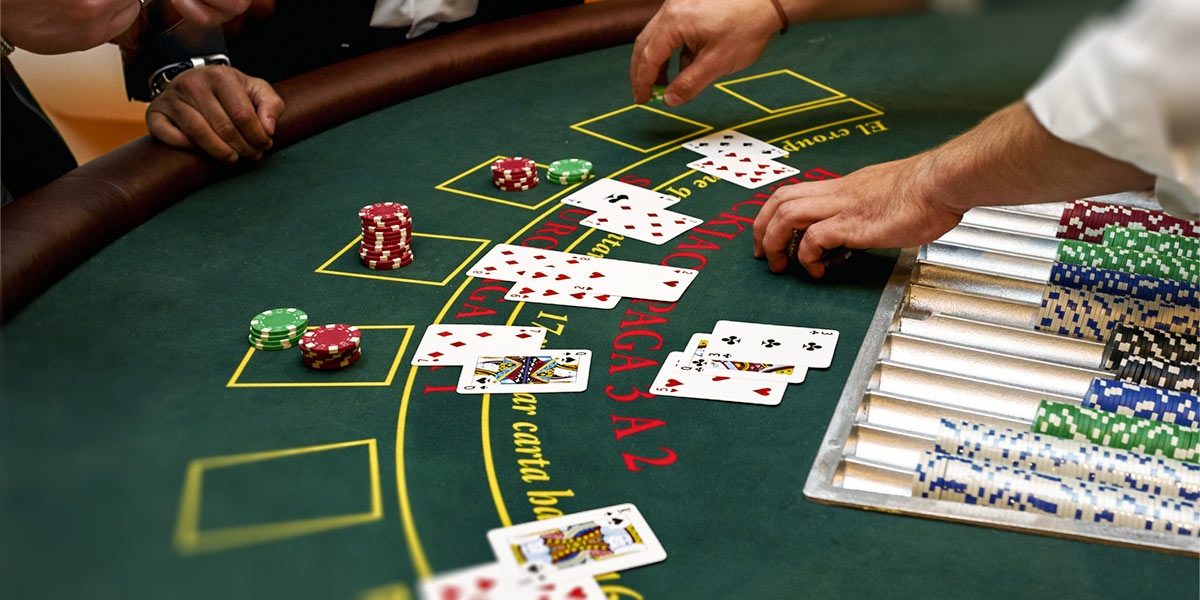Introduction: The Universal Appeal of Card Games
Card games, with their simple decks and infinite variations, are among the most enduring forms of entertainment in human history. From palace parlors to street corners, from digital platforms to family dining tables, card games have remained a universal pastime across cultures and centuries. Their charm lies in their blend of chance, strategy, and social interaction. Whether it’s the calculated intensity of poker, the swift decisions of blackjack, or the spirited fun of Uno, card games offer something for everyone. This article explores the evolution, variety, cultural significance, and psychological intrigue of card games—shedding light on why this humble pastime has stood the test of time.
A Brief History: Cards Across Continents
The origins of card games are somewhat elusive, but historians generally agree that playing cards first emerged in China during the Tang dynasty, around the 9th century. These early cards were markedly different from the standard 52-card deck we recognize today but laid the groundwork for the pastime to flourish.
From China, card games traveled along trade routes to the Islamic world, where intricate and ornate cards became popular. Eventually, cards made their way to Europe in the 14th century. By the Renaissance period, Europe had developed regional styles and rules, leading to the standardized suits and decks we know today—spades, hearts, diamonds, and clubs.
As card games spread, they evolved with the cultures that adopted them. In some societies, they became tools of gambling and risk; in others, they were associated with social refinement or leisure. Despite regional differences, the common thread remained: a deck of cards could bring people together in thoughtful, competitive, and often joyful interaction.
The Classic Appeal: Timeless Games That Never Fade
Some card games have achieved legendary status due to their balance of simplicity and depth. These classics are not just popular—they are cultural touchstones.
-
Poker: Arguably the most iconic card game globally, poker blends luck, bluffing, and mathematical strategy. Variants like Texas Hold’em and Omaha have become staples in both casual circles and high-stakes tournaments.
-
Bridge: Known for its intellectual rigor, bridge is beloved among analytical minds. Often played in partnerships, it demands communication, foresight, and meticulous planning.
-
Blackjack: A favorite in casinos, blackjack offers a delicate dance between statistical precision and psychological poise.
-
Solitaire: Perhaps the most personal of card games, solitaire offers a meditative, solitary experience. Its digital version has introduced millions to the quiet pleasure of solo gaming.
Each of these games has retained its charm through the centuries because of their timeless mechanics and capacity to adapt to modern platforms.
The Psychology of Play: Why Card Games Engage the Mind
One of the most fascinating aspects of card games is their psychological impact. These games often require quick thinking, risk assessment, pattern recognition, and emotional control. Whether you’re deciding to fold in poker, interpreting a partner’s bid in bridge, or timing a move in rummy, your brain is constantly at work.
Key psychological elements include:
-
Strategic Thinking: Players must often anticipate the moves of others and plan several steps ahead.
-
Probability and Odds: Success in many card games requires an intuitive grasp of numbers and chance.
-
Emotional Regulation: Good players know how to mask emotions, manage stress, and remain calm under pressure.
-
Social Dynamics: Card games can serve as microcosms of negotiation, alliance, and competition, fostering both cooperation and rivalry.
These cognitive demands are part of what makes card games not only entertaining but also mentally stimulating.
Modern Evolution: Card Games in the Digital Era
In the 21st century, card games have undergone a remarkable transformation thanks to technology. No longer confined to physical decks, many card games have found new homes in mobile apps, video games, and online platforms.
Key Developments:
-
Online Multiplayer Games: Platforms like PokerStars and Bridge Base Online allow players to compete globally, often in real time.
-
Mobile Apps: Games like Solitaire, Spades, and Hearts have surged in popularity as downloadable apps, offering customizable features and casual play.
-
Collectible Card Games (CCGs): Digital card games like Hearthstone, Magic: The Gathering Arena, and Legends of Runeterra combine traditional mechanics with fantasy narratives and competitive e-sports formats.
-
Artificial Intelligence: AI-powered opponents now offer sophisticated challenges for solo players, simulating high-level play without the need for a human adversary.
Technology has made card games more accessible, immersive, and dynamic—ushering in a renaissance for the genre.
Cultural Significance: More Than Just Games
Beyond entertainment, card games hold cultural and social value. They are present at family gatherings, retirement homes, summer camps, and in wartime trenches. Across generations, they have served as a shared language of play.
-
Social Bonding: Card games are a medium for storytelling, conversation, and connection, often breaking down generational and social barriers.
-
Education: They can be tools for teaching numeracy, memory skills, and decision-making.
-
Tradition: Many cultures associate specific games with holidays or rites of passage. For example, in India, Teen Patti is often played during Diwali; in the U.S., poker night has become a ritual in many households.
-
Therapeutic Use: Some therapists use card games to encourage communication and cognitive function in both children and the elderly.
The cultural depth of card games reveals their role not merely as pastimes but as essential parts of the human experience.
Conclusion: A Deck of Infinite Possibilities
A deck of cards may seem like a simple object, but it holds an extraordinary universe within it—one filled with strategy, mystery, rivalry, laughter, and connection. Card games are, at their core, reflections of human nature: competitive yet cooperative, intellectual yet accessible, ancient yet ever-evolving.
From traditional games passed down through generations to digital versions designed for the modern mind, the card game remains one of the most versatile and enriching forms of entertainment. Whether played in silence or with boisterous laughter, for high stakes or no stakes at all, card games remind us that sometimes, the most profound joys come from the simplest of tools.







